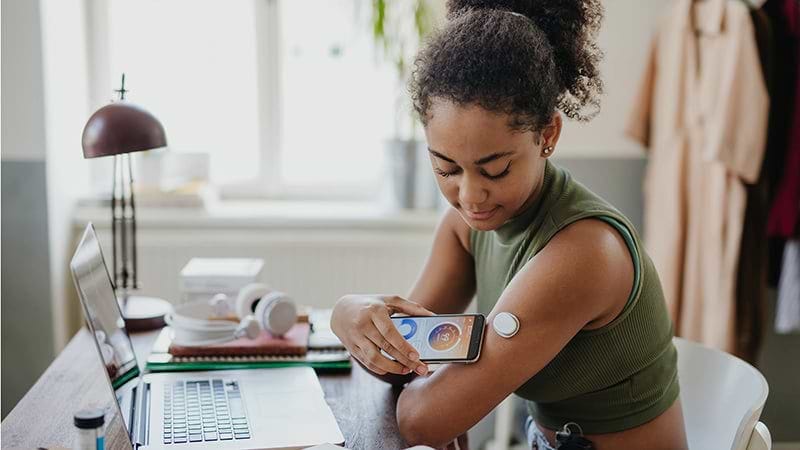Featured
Value in motion
Discover the future of your industry with PwC's Value in motion study. Learn how AI and climate change are reshaping industries to create new growth opportunities.

Tech-led solutions so you can deliver better health outcomes

The healthcare landscape is evolving at unprecedented speed. New priorities are emerging that are reshaping the industry. Workforce challenges. Health equity barriers. Rising care costs. At the same time, digitisation is transforming patient care and experience. Technology is enabling more personalised, predictive and preventative healthcare when patients need it most.
Healthcare is evolving into a dynamic ecosystem. The future offers rich possibilities to drive better outcomes for all. Your success in this reimagined environment depends on collaborative, cross-functional approaches that balance innovation with human-centred care—and on how you reconfigure your organisation for this future.

We see beyond today’s healthcare challenges. We see tomorrow’s solutions. Where others spot obstacles, we reveal opportunities. Your complex problems need bold approaches.
We combine specialised expertise—in healthcare, finance, organisational transformation and technology—with innovative tools to tackle your specific challenges. From workforce shortages and operational inefficiencies to cost pressures and patient data, we work alongside you to create strategic advantages.
The era of hospital-centric care is fading. Health systems must expand their focus—integrating primary care, home health, consumer tech and digital platforms. We help you accelerate transformation with innovative strategies and leading technology so you can anticipate future patient needs.
Featured
Discover the future of your industry with PwC's Value in motion study. Learn how AI and climate change are reshaping industries to create new growth opportunities.

Featured
A decade of value in motion, marked by reconfiguration and innovation, awaits. Seize the moment to extend your lead—or to catch up to rivals.

Featured
Get ready for AI, climate change and other megatrends to shift value pools, reconfigure industries and redefine the top management agenda.

EU Green Deal regulations offer healthcare firms a chance to improve sustainability, gain competitive advantages and increase value beyond compliance.

Thought leadership
The prospect of tariffs, pricing reforms and longer approval times will test the resolve of health industries dealmakers in the second half of 2025.

The healthcare industry is evolving into a dynamic ecosystem. Patients, practitioners and industry players all stand to benefit.

Industries are reshaping around fundamental human needs, creating value through collaboration across interconnected domains that now replace traditional value chains. Explore the domains relevant to your sector.
Case Study
PwC managed services gave Ramsay Health Care scalable resource, call centre expertise and healthcare credentials, helping them improve the patient experience.

Case Study
Providing technical assistance in Southeast Asian countries to tackle the burden of non-communicable diseases.

Discover how PwC helped INTEGRIS Health transition to a cloud ERP, improving back-office efficiency and employee confidence in new technology.

